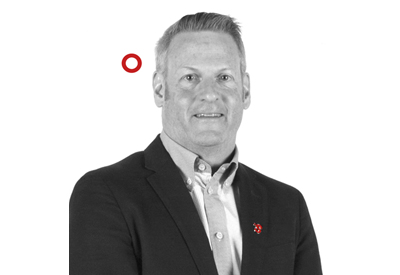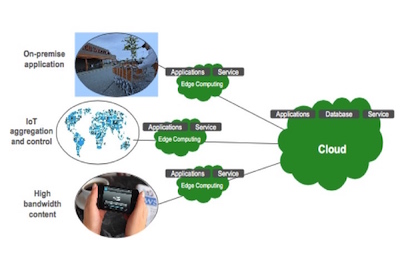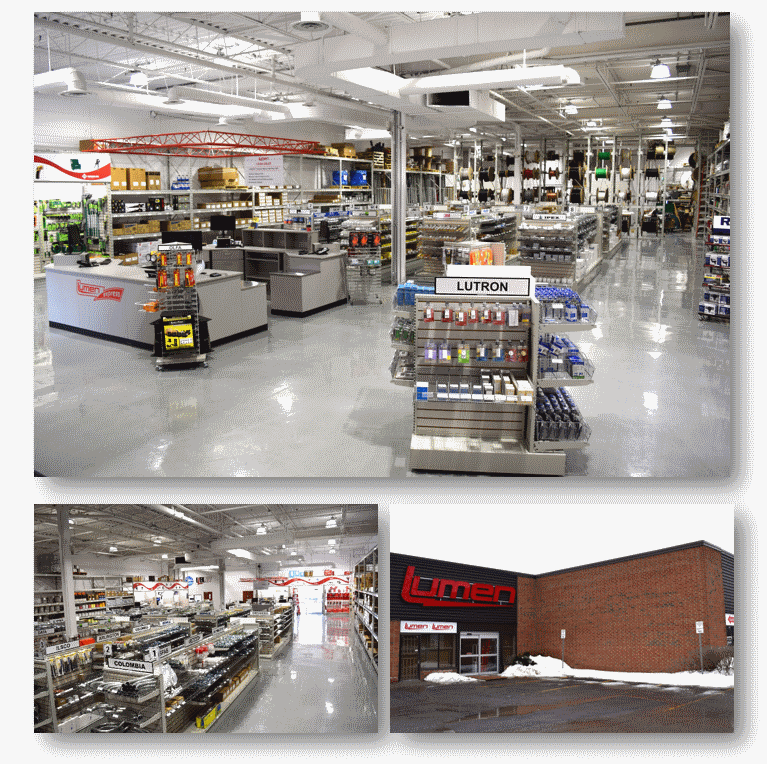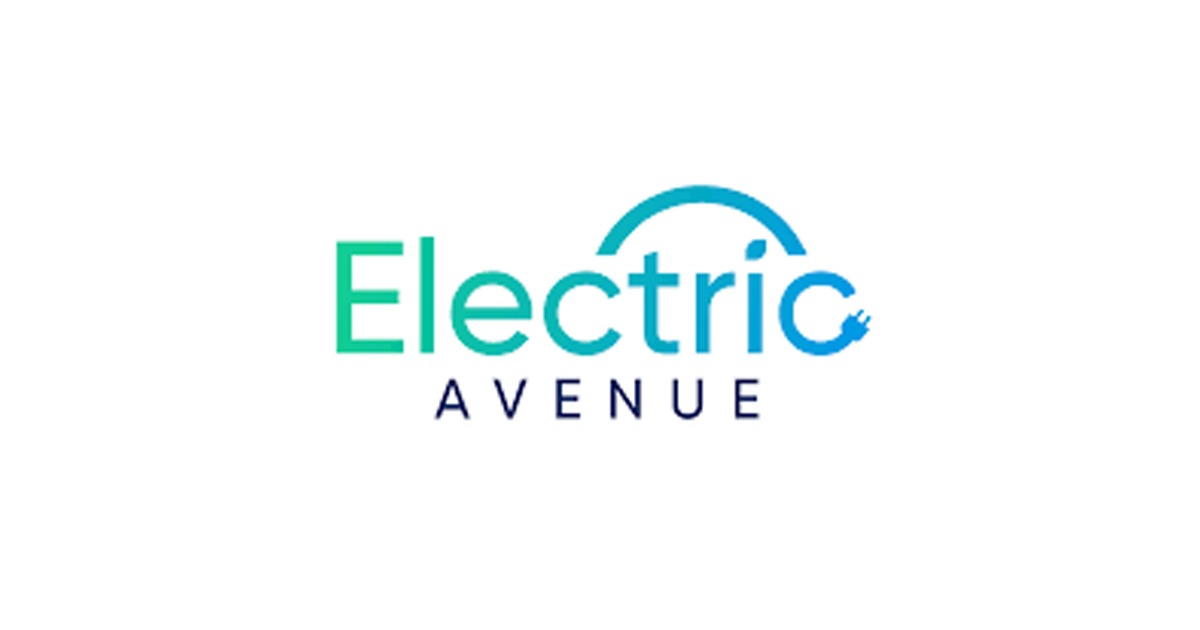Evolving in a Rapidly Changing Industry with Jenny Ng — Business Development Manager, Schneider Electric Canada: Part One

Nov 26, 2019
Jenny Ng is a Business Development Manager for the Power Solutions Division of Schneider Electric. Thus far, she has spent the whole of her career in the energy sector in various roles. She has spent time with utilities as a telecom engineer, in technology and product development with General Electric, and prior to her current position, she was Field Services Marketing Director with Schneider.
“This experience has given me the full perspective of what it takes to truly bring new technology from concept to implementation,” she said, “I enjoy marrying both the technical and business mindset to help our customers solve their unique problems.”
Jenny earned a degree in Electrical Engineering from the University of Alberta. Not entirely fulfilled, she would go back to school to get an MBA from Queens University. “Growing up, I was exposed to an entrepreneurial mindset as my dad owned several small businesses. Seeing the excitement and challenges he faced daily inspired me to take on a more business-mindset,” she noted.
Being in a leadership position, Jenny has also focused on being an inclusive role model, which has manifested on multiple fronts. Maintaining an enlightened managerial style, fostering social responsibility, and promoting gender diversity. She explains, “I am a leader who thrives on continuous self-improvement and creating a positive environment around me to drive change. In my current role, I get to inspire new system integrators by training them on new technology that is available so that they can provide better solutions to their customers. These solutions ultimately help provide their customers a safer work environment, achieve their sustainability goals, and improve the reliability of their power systems. “
“Internally, to drive positive change, I am the chair of the WiSE (Women in Schneider Electric) Toronto Hub where we organize awareness, business impact and development events and activities to support the women in Schneider Electric and in our community.”
It is clear that Jenny’s professional approach is one of balance. Promoting an inclusive working environment on multiple levels to create a dynamic inducive to innovation. While also being mindful of industry’s impact on the environment and the need to preserve the planet’s resources. Something that Schneider takes seriously, in respect to the products and solutions it provides as well as the way it operates as a business. In part one of CEW’s interview with Jenny, she discusses her current role, sustainability, diversity, and how she finds meaning in her professional career. In the process she provides an enlightened perspective on success.
Can you tell me a bit about your current role: what interests you, what challenges you, etc.?
Working for a technology company that serves a meaningful purpose is important to me. Schneider Electric believes access to energy is a basic human right, and strives to bring sustainable, efficient energy and digital connectivity to all, which I feel is vital for us as a global community moving forward. Equally important for me is to work in a diverse and inclusive environment that drives empowerment. At Schneider Electric, diversity and inclusion is an integral part of the Company’s history, culture, and identity. Our ambition is to provide equal opportunities to everyone everywhere and to ensure all employees feel uniquely valued and safe to contribute their best. This is something that resonates with me and makes me feel proud to be a part of such a diverse and inclusive Company.
In my current role as a Business Development Manager for the Power Solutions Division, I am responsible to develop and implement a partner strategy to grow our business with our System Integrator partners in Canada. This includes many responsibilities such as market research, developing the strategy and the program, partner recruitment, technical and commercial training, promoting and selling, design and quoting, and supporting our partners with executing our solutions. What I enjoy most about this role is the opportunity to meet many businesses with different profiles around Canada and working with each of them to drive positive change and a winning strategy.
What is pertinent right now with respect to business development in the power sector, what are the aspects you are focusing on to ensure Schneider Canada is successful?
The electrical industry is transforming rapidly with a growing need to digitally manage the electrical network. Canada is the second largest country geographically in the world, making it challenging for any one organization to cover the electrical transformation needs of everyone, everywhere. Thus, identifying, recruiting and supporting strong partners with the ability to engage with customers, understand their unique power challenges and to propose customized solutions is important. There are currently many opportunities in the power sector with customers looking to reduce their carbon footprint, increase system reliability, improve safety for their employees who are maintaining the power networks, and even taking advantage of lucrative incentive programs to reduce their energy consumption during peak periods. Schneider offers many different technologies and solutions which can help solve these challenges, from intense power consumers and critical facilities to commercial and residential households.
With respect to yourself, what has been key to your success? Have there been any pivotal learning experiences or individuals that have contributed to your ability to get as far as you have?
My innate curiosity, desire to learn, and openness to new ideas and experiences has been pivotal in my career. Having this mindset has helped me transition successfully into different roles and organizations.
Being able to learn quickly both commercially and technically, listening to people and applying different analytical frameworks which I learned in my MBA and consulting days, has really helped with taking on new challenges throughout my career.
I am a solid believer of the lean start-up mentality, which is a methodology for developing businesses and products that aims to shorten product development cycles and rapidly discover if a proposed business model is viable. Trying, failing fast, learning from the mistakes and continuously pivoting my approach until I get it right has also been key to my success.
Developing a network of mentors and sponsors inside and outside of my organization continues to play an important role in my career progression. It has been instrumental in helping me gain different perspectives by providing feedback on my ideas and exposure to new opportunities.
Being in a leadership position, what are the decisions you find most difficult to make, how do you address them?
Critical decisions that have long-term impact, decisions which are missing data and involving input from multiple stakeholders are the most challenging due to the coordination of information, time required, and stakeholder alignment needed, however, it is not impossible.
My method involves being resourceful to gather as much information as possible about the subject, usually with the support of my teams. I then leverage that information to understand the cost/benefit/impact, and finally, provide a recommendation to be considered by everyone. Worst case scenario, I may be wrong, but I feel supported to take a chance in proposing what I feel is right. If I make a mistake, I can quickly adjust and take the learnings into consideration for future decisions. This is a part of the learning process, and it’s important to feel safe and valued to contribute in this way.
In part two of CEW’s interview with Jenny she provides insight into the technical side of the industry. Touching on the importance of collaboration to achieve a sustainable energy future, trends driving the industry, as well as why diversity, inclusion, and promoting women in STEM is important to her and the broader industry.











